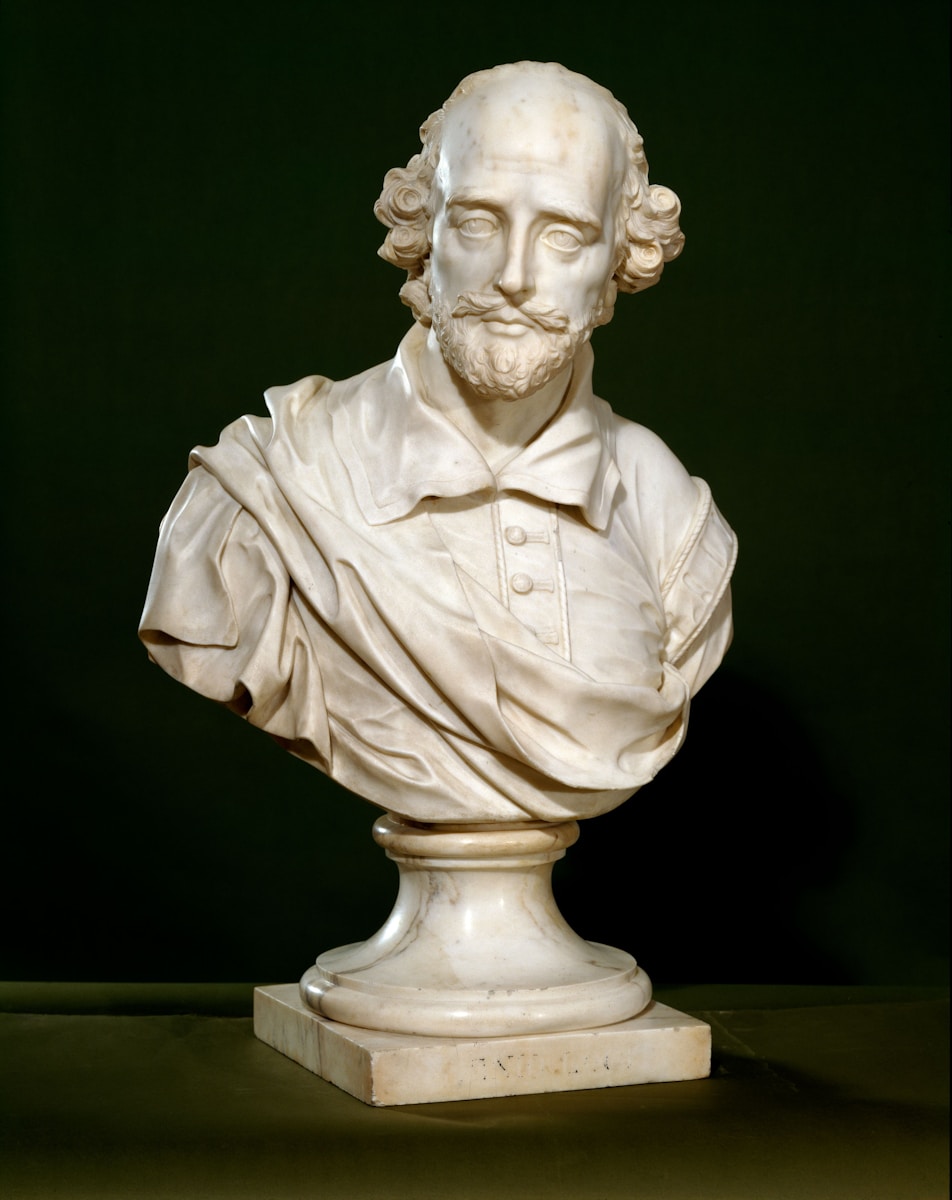
Introduction: The Bard’s Creative Genius
When we think of William Shakespeare, the first things that often come to mind are his timeless plays, poignant sonnets, and the overall brilliance of his literary craft. But did you know that he was also a linguistic innovator? The Bard wasn’t just spinning tales and crafting characters; he was busy inventing words! Many of these made-up terms have found their way into modern English, enriching our vocabulary in unexpected and delightful ways. So, let’s embark on a journey to explore some of Shakespeare’s most fascinating contributions to the English language.
The Playful Nature of Language
Language is inherently playful, and Shakespeare took full advantage of this playful spirit. He had a knack for bending, twisting, and creating words that not only fit the rhythm of his verse but also encapsulated complex ideas or emotions. This is why many of his invented terms resonate so well with us even today—they articulate feelings and experiences that needed a word of their own.
Shakespeare’s inventive nature reflects a wider trend in the evolution of language. As society changes, so do words and their meanings. Shakespeare’s works were a crucial part of this ongoing transformation, as he continuously explored, expanded, and pushed the boundaries of what the English language could convey.
Inventive Words and Their Meanings
Let’s dive into some of the most popular words that Shakespeare conjured up, examining their meanings and how they are used in modern English.
1. Assassination
Before Shakespeare, the act of killing someone for political reasons didn’t have a specific term that captured its essence. In “Macbeth,” he introduced “assassination,” which has since become a standard term in our lexicon. It conveys not just the act of murder but also the undertones of treachery and conspiracy involved, especially in political contexts. The word has survived the test of time, often used in news reports or political discussions.
2. Bedazzled
Originally making an appearance in “The Taming of the Shrew,” this word aptly describes something that’s been adorned or glittered, often to an excessive degree. Today, it evokes images of sparkling jewelry, shining sequins, and fabulous outfits. The term is a great example of how Shakespeare’s flair for dramatics can often reflect modern fashion and aesthetics.
3. Dwindle
“Dwindle” first graced the stage in “Henry IV, Part 1,” and it describes a gradual decline in size, amount, or strength. This word is just as useful today as it was in Shakespeare’s time, whether you’re talking about dwindling resources, dwindling patience, or even dwindling snacks at a party.
4. Fashionable
Although the concept of fashion has been around for centuries, Shakespeare brought the word “fashionable” into popular use in “Troilus and Cressida.” It’s evolved into a term that encapsulates trends, style, and the sociocultural zeitgeist. Whether it’s used in the context of clothing or behavior, it remains an essential part of our discourse on aesthetics.
5. Gloomy
The term “gloomy” appeared in “Titus Andronicus,” capturing the essence of darkness and despair. Today, we often use it to describe everything from the weather to our emotional states. This word embodies the depth of feeling, showcasing Shakespeare’s ability to articulate complex emotional landscapes.
6. Jaded
Shakespeare introduced “jaded” in “Othello,” referring to someone who has become weary or dulled, often through experience. The modern use of the term still conveys that sense of emotional fatigue or disillusionment, whether from work, life, or love. It’s a relatable term that speaks to the human experience.
7. Lackluster
In “As You Like It,” Shakespeare coined “lackluster” to describe something lacking brilliance or vitality. Today, it’s commonly used to express disappointment or a lack of enthusiasm in various contexts—be it a lackluster performance, a dull event, or even a boring Monday morning.
The Influence of Shakespeare on Modern English
The impact of Shakespeare’s creativity extends beyond just individual words. His inventive spirit helped shape the English language as we know it today. By integrating new words and phrases into his works, he made them accessible to the masses, thereby enriching the vernacular.
Expanding Vocabulary
Some scholars estimate that Shakespeare introduced as many as 1,700 words to the English language. This remarkable contribution has encouraged countless individuals to embrace the richness of expression and explore the nuances of language. Writers, poets, and lyricists continue to draw inspiration from the Bard’s works, as they seek to capture the beauty and complexity of human experience.
Poetic License
Shakespeare’s willingness to play with language also paved the way for the use of poetic license. He often altered the spelling and structure of words to fit the meter of his plays or to evoke certain feelings. This flexibility encourages modern authors to experiment with language, leading to new forms of creativity and expression.
The Legacy of Shakespeare’s Language
As we continue to engage with Shakespeare’s works, whether through reading, watching adaptations, or studying his plays, we are reminded of the power of words. The Bard’s legacy is not just in the stories he told but also in the language he crafted.
Language in Modern Culture
Shakespeare’s influence on the English language persists in modern culture. From films and television shows to music and literature, his phrases and concepts have found new life. For instance, phrases like “heart of gold,” “break the ice,” and “green-eyed monster” are all rooted in Shakespeare’s writings. They’ve become part of our everyday vernacular, demonstrating how language evolves.
The Importance of Embracing Language
Understanding the origins of words and phrases can enhance our appreciation of language. It reminds us that communication is not static; it’s a living, breathing entity that grows and changes over time. Embracing this idea invites us to be creative and playful with our language, just as Shakespeare was.
Conclusion: A Celebration of Creativity
William Shakespeare’s contributions to the English language are nothing short of extraordinary. His ability to craft words that resonate across time and culture showcases the power of creativity in language. The next time you find yourself using terms like “assassination,” “gloomy,” or “fashionable,” take a moment to appreciate the Bard’s imaginative spirit. He not only entertained us with compelling narratives and complex characters but also enriched our language, leaving a legacy that continues to inspire and captivate us.
So, let us celebrate this linguistic journey! One doesn’t just read Shakespeare; one gets to experience the joy of language invented by a master. And who knows? You might even find yourself feeling inspired to create new words of your own!

